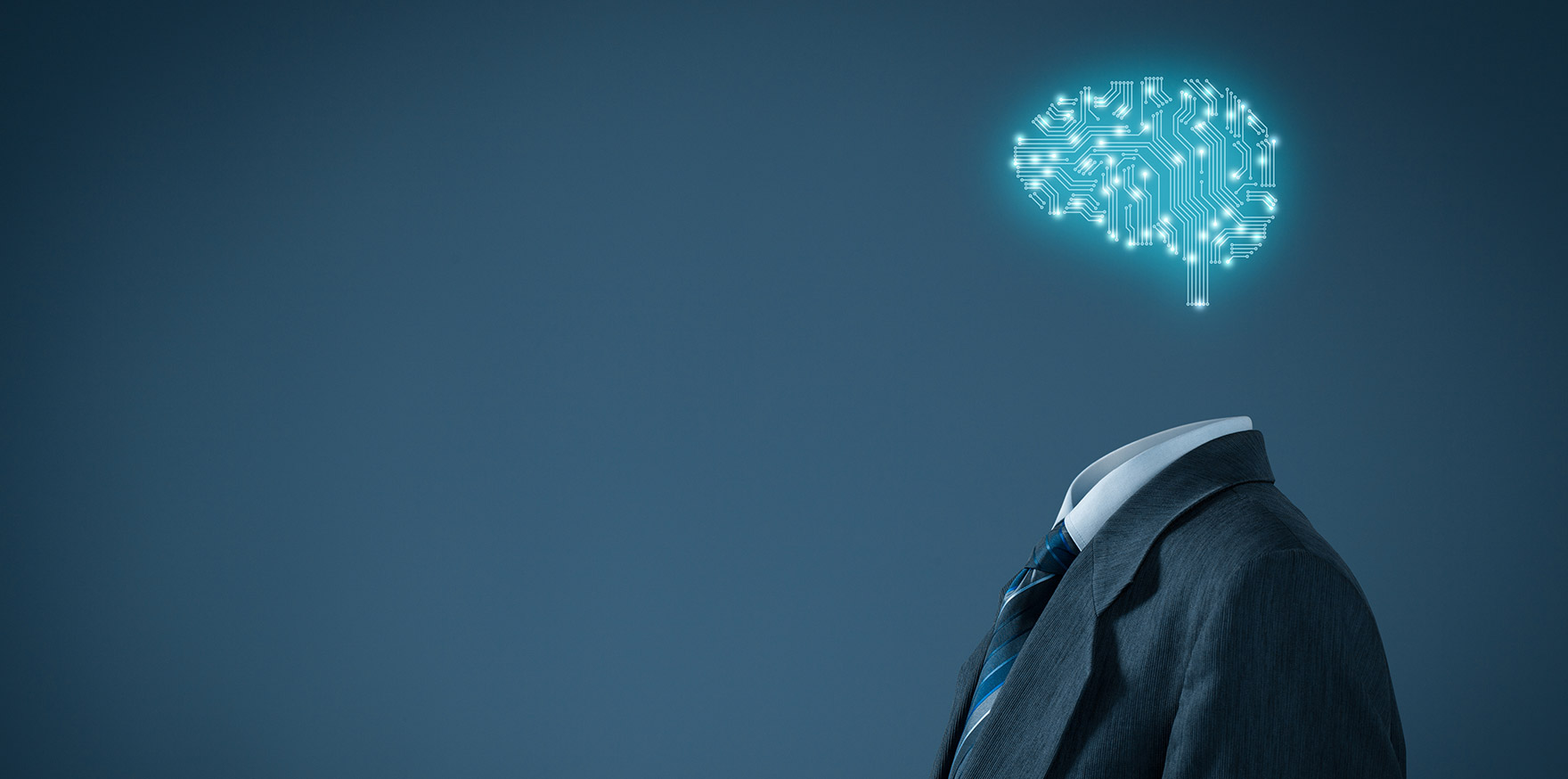Artificial intelligence has long appeared to be something ripped straight out of science fiction. Growing up watching movies like Blade Runner or The Terminator series, I believed that A.I. would eventually be our downfall unless Arnold Schwarzenegger was available to save humanity.
And while concern about “the singularity” still exists, artificial intelligence – and machine learning – has proved to be far more powerful and useful to everyday life than movies and television could have ever predicted. Most of us are already accustomed to its benefits – every question asked to Siri, self-driving cars, and even the online customer support used by many businesses is powered by an ever-evolving A.I.
So, with A.I. finding its way into more and more industries, it was inevitable that strides would be made to bring this innovation to the hiring process. But should – or can – artificial intelligence be used to determine someone’s personality fit for a job, or even for a company as a whole?
Before we get into the weeds of it all, the short answer is yes. The benefits for each side – hiring managers and candidates – are enormous, from decreasing the time involved for both parties to using data scrapes to inform companies about information that neither one previously thought to include.
This does come with a few kinks that will have to be worked out along the way.
Earlier this year, Unilever released data on its use of artificial intelligence that has changed its process drastically. By utilizing A.I.-driven tools to measure performance and pre-interview responses, the firm reduced the time hiring managers spend sifting through applications, all the while driving more candidates into its funnel via a more engaging application process. Candidly, we’ve seen the latter prove true from our own initiatives to deliver better candidate experiences.

There is a clear level of effectiveness in the artificial intelligence delivered by Unilever, but the process isn’t completely automated from start to finish. The final step to making a hire is still a human interview, with the recruiter or manager making a judgment call on whether the candidate is a good personality fit.
One way to solve this piece of the puzzle is to collect quantified personality data. More important, the data collected by A.I. shouldn’t be just on the candidates, but on the environment they’ll be entering if hired. This doesn’t include just the job requirements or role – which A.I. is already processing – but also the personalities of employees a candidate would need to mesh with, most importantly the direct supervisor and others in a specific department. This idea definitely resonates with me, as we’ve built Traitify’s personality assessments around this concept of measuring candidates directly against the real data of the organization they’d be joining.
In a discussion with Dr. Heather Myers, our Chief Psychology Officer at Traitify, she provided some insight to take it a step further.
“There is a huge potential for A.I. to help determine personality fit within organizations, but the ‘human touch’ is currently missing. Artificial intelligence needs to be able to consider the personalities and surroundings involved to generate the best fit recommendations, and this is where the technology still needs to grow. The type of personality data that is collected and put into the model needs to be carefully considered. Conflicting personalities tend to be a large cause of employee turnover. A.I. might be able to identify a visual cue, like a blank stare, but it won’t always be able to understand how to treat that data. A physical hiring manager may be better able to take that cue and determine if it’s just the natural state of the person, or if it’s something negative, such as disinterest.”
A.I. can try to predict and understand behavior, but it still needs additional constructs and data to be incorporated into its routines before we can expect a satisfactory level of accuracy in its fit recommendations. Dr. Myers also suggested that even after the process is 100% automated, constant tweaks will be necessary, using the “human touch,” and some factors – such as mood – may always throw artificial intelligence for a loop.

There’s no denying the potential for where A.I. can go when it comes to streamlining our hiring processes. From the simple beginnings of processing and organizing data to the hopeful growth of being able to understand what makes a unique person tick, we’re going to see time and money saved by businesses with each level of progression. And even though the best hiring manager might still be better at determining personality fit than artificial intelligence is, there’s no reason why, across the board, A.I. can’t help to raise the standards of hiring.
And hopefully this is something we don’t need to get Schwarzenegger’s help with.





